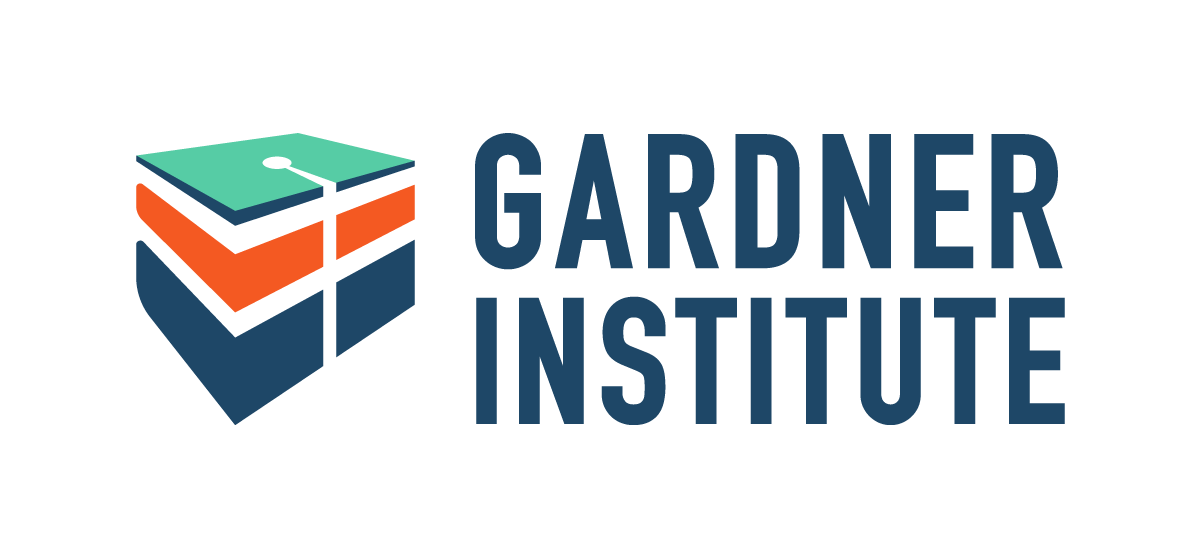November 14, 2024
By Stone Montgomery
If you all have been following along you know I am a first semester college senior balancing a remote internship here at the Gardner Institute. Today’s post is about how important internship experiences can be in determining a future career. In addition to giving you valuable real-world expertise, internships help you acquire critical skills that will allow you to stand out in the job market. It’s not enough to just put the name of the company you worked at on your resume; you need to make sure you are clearly documenting the skills you have gained. For example, I intend to include communication, project and time management and critical thinking on my resume as part of my time here at Gardner. This is your opportunity to make a great first impression to a future employer. The market is competitive and there are always multiple people applying for the same role. Make the moment count.
If you are wondering how to identify what you have learned during your opportunity, here is a tip. Start a folder for that role, everytime you learn something new write it down so when it’s time to add it to your resume you have your reflections handy. There are different types of skills that are important to employers–hard skills and soft skills. Hard skills are measurable qualities and knowledge that are specific to a job or task, while soft skills are personal qualities and traits that are transferable to any type of job. Both are important. For example, hard skills, like knowledge of technology, and soft skills, such as teamwork and communication, help to make up a great future employee. This role also requires me to develop my virtual collaboration skills.
Since every job application is different, it is important that I (and you) tailor our resumes for each one. This allows me to highlight my internship experiences that are most relevant to the position for which I’m seeking. I’ve developed the ability to closely examine job descriptions and align my abilities or experiences with that role. For example, if a position requires project management, highlight that part of my internship and list particular projects I lead or participated in. In a competitive employment market, this focused strategy may significantly improve your/my chances of cutting through the clutter.
In my current internship at Gardner, I’m currently working on two projects while writing blogs every other week that are going to be great to highlight on my resume. This includes scope of work, specific tasks or small initiatives tied to my role. If I gain a new skill during a project, or lead on a presentation I make sure to describe it in a way that shows I’ve got a good grasp of the work and can fully explain if ever asked during an interview.
My resume’s phrasing has a big influence on how people view my experiences. A dynamic and gripping narrative opening paragraph can capture attention right away. You want your resume to be concise, clear and descriptive about your work in order to communicate a sense of commitment and impact; I try to utilize verbs like “developed,” “implemented,” “coordinated,” or “executed.”
One thing that will help me stand out as I get closer to graduation is my internship experience. I am going to use my internship to improve my professional profile on LinkedIn. This includes utilizing powerful action verbs, personalizing my resume, documenting my accomplishments, and successfully showing my skills. Lastly, leverage your mentors or supervisors to ask them to review your resume and or be a reference for you-maximize your time and every interaction to take you to the next step. When I think back on each of my professional experiences, I remind myself that every role presents a chance to advance and acquire abilities that will help me in my career. Make every moment count.
Stone Montgomery
Class of 2025
Blog Post # 5

